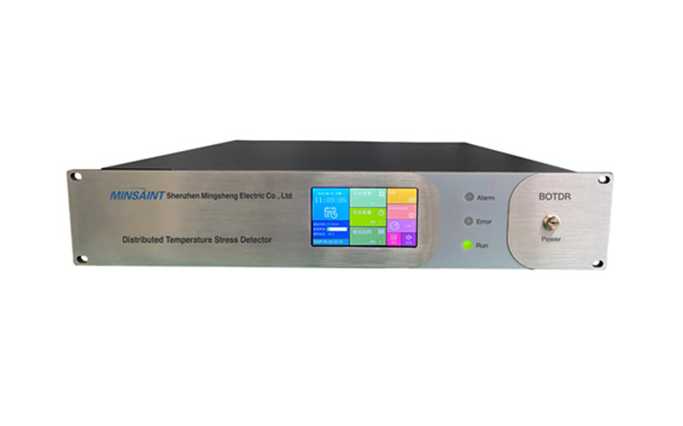
Dementia, a debilitating neurological disorder, poses significant challenges to individuals and their families. Understanding the age at which dementia typically starts is crucial for early detection, intervention, and support. In this comprehensive blog post, we delve into the depths of this topic, exploring the factors influencing the onset of dementia and shedding light on the age range commonly associated with its manifestation.
- The Spectrum of Dementia:
Dementia encompasses a range of conditions characterized by cognitive decline, memory loss, and impaired thinking abilities. Alzheimer's disease, vascular dementia, Lewy body dementia, and frontotemporal dementia are among the most prevalent forms. While each type has distinct features, they share commonalities in terms of age-related onset. - Age as a Key Determinant:
Research suggests that age plays a pivotal role in the development of dementia. Although it can affect individuals of any age, the risk increases significantly with advancing years. The majority of dementia cases occur in individuals aged 65 and older, with the prevalence doubling every five years after the age of 65. - Early-Onset Dementia:
While dementia is commonly associated with older age, it is important to note that it can also manifest earlier in life. Early-onset dementia refers to cases where symptoms appear before the age of 65. This condition, although relatively rare, poses unique challenges due to its impact on individuals in their prime years of productivity and caregiving responsibilities. - Genetic Factors:
Genetics can influence the age at which dementia begins. Certain gene mutations, such as those associated with familial Alzheimer's disease, can lead to the early onset of symptoms. Genetic testing and counseling can provide valuable insights into an individual's predisposition to developing dementia and help guide preventive measures. - Lifestyle and Environmental Factors:
While age and genetics play significant roles, lifestyle and environmental factors also contribute to the onset of dementia. Chronic conditions like hypertension, diabetes, and obesity, as well as smoking and excessive alcohol consumption, have been linked to an increased risk. Conversely, engaging in regular physical exercise, maintaining a healthy diet, and stimulating cognitive activities may help reduce the risk or delay the onset of dementia. - Recognizing Early Signs:
Early detection of dementia is crucial for timely intervention. Common early signs include memory loss, difficulty with problem-solving, confusion, and changes in mood or behavior. If these symptoms persist and interfere with daily life, seeking medical evaluation is essential to determine the cause and initiate appropriate management strategies.
Conclusion:
Dementia is a complex condition with a multifactorial etiology. While age is a significant determinant, it is important to recognize that dementia can affect individuals at various stages of life. By understanding the typical age range associated with dementia onset, individuals, families, and healthcare professionals can be better equipped to identify warning signs, provide support, and implement preventive measures. Stay informed, stay proactive, and together, we can navigate the challenges posed by dementia.




